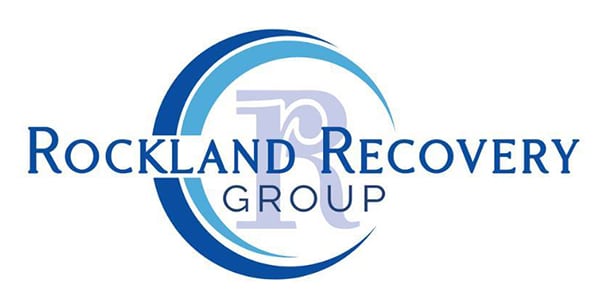Drug or alcohol addiction doesn’t just affect the individual, but also those who are closest to them. This includes family. The dynamics of family relationships can play a significant role in addiction and recovery and have either a positive or negative impact on treatment. At Rockland Recovery, we believe that family involvement in addiction treatment is important and work to support the individual and the family unit during this challenging time.
Jump to Section
The Valuable Role of Family in Recovery
The role that family can play in addiction recovery is valuable beyond measure. Family can provide a strong and important foundation of support for the person battling addiction. Family support can help the individual going through treatment to feel less isolated, provide them with stability during a very uncertain stage of their life, and supply a sense of purpose and a reason to move toward the goal of sobriety continually.
During outpatient treatment, when the individual is working towards more independence and transitioning back into everyday life, family members can help provide a more stable and structured sober living environment for their loved one. They can encourage accountability, set boundaries, and reinforce positive behaviors.
Those who have a strong foundation of family support generally experience improved outcomes from addiction treatment.
Benefits of Family Involvement in Rehab
Family members can positively influence treatment outcomes when they become involved in their loved one’s recovery journey. Relationships can become strained during drug or alcohol treatment, but with family involvement and therapy, relationships can heal, and everyone can grow stronger and more resilient against the effects of addiction together.
- Family can offer their loved one the strongest support network during treatment
- Involvement in family therapy can provide families with the opportunity for healing and growth
- Through family support programs, family members can gain a better understanding of addiction as a disease
- Individuals whose family is involved in their addiction treatment generally have improved outcomes and a reduced risk of relapse
- Addiction can damage family relationships, but working through recovery together can actually help strengthen bonds and allow those involved to begin healing from the trauma and hurt caused by the disease.
Family Therapy for Addiction
When a family member is struggling with addiction, it affects everyone. Depending on the relationship, there may be fear, anger, betrayal, mistrust, and trauma surrounding the addiction.
Partners may feel that they lost the person they were planning on spending their life with, and children feel fear and experience trauma that may later turn into resentment and mental health issues if not addressed. Parents of addicted teens may feel lost, fearful, guilty, and unsure of what the future holds.
During addiction treatment, the focus is on the person who is recovering, but this doesn’t diminish the fact that family members need support and healing, too. Family therapy for addiction is an important step in repairing, rebuilding, and moving forward together as a family.
Family therapy for addiction can take different forms. This might include family therapy sessions where everyone can share their feelings in a safe and supportive environment. It might also include individual therapy sessions for family members or group therapy for families of addiction that can offer peer support.
Supporting a Loved One in Rehab
Seeing someone you love struggle with addiction and then work through the challenges of rehab is one of the most difficult things many people will experience. Family members can help support their loved ones by learning more about what addiction is, how it affects the individual, and how to best support someone going through treatment.
Family members can sometimes inhibit the progress of addiction treatment through behaviors they feel are helpful but are, in reality, detrimental to recovery. Examples of this include enabling their loved ones by saving them from certain situations or helping to hide their addiction. There might also be a tendency to always smooth things over in an attempt to not cause distress or drama within the family unit.
Identifying these types of behaviors that are actually harmful to their loved one is key to how a family can offer support during and after addiction treatment. Addiction education, which helps family members learn more about addiction as a disease and how it progresses, is also important.
Finally, it’s important not to overlook the importance of self-care when a loved one is in addiction treatment. Sometimes, it’s easy to let the basics like sleep, nutrition, and mental health care slide when a loved one is in trouble. The saying about putting your own oxygen mask on first applies here. Family members can’t fully support their loved ones if they are neglecting themselves.
If you’re feeling lost due to a loved one’s addiction, the Substance Abuse and Mental Health Services Administration (SAMHSA) offers a number of valuable resources for family members who are in need of support.
Family-Based Addiction Treatment in Massachusetts
Addiction is a disease that affects family and loved ones in complex and significant ways. Family therapy programs help family members heal, move forward, and learn how to best support their loved one through addiction treatment and beyond. Contact Rockland Recovery today at 888-299-4833 to learn more about our Family Therapy Program, and how we can help all of you heal together.




